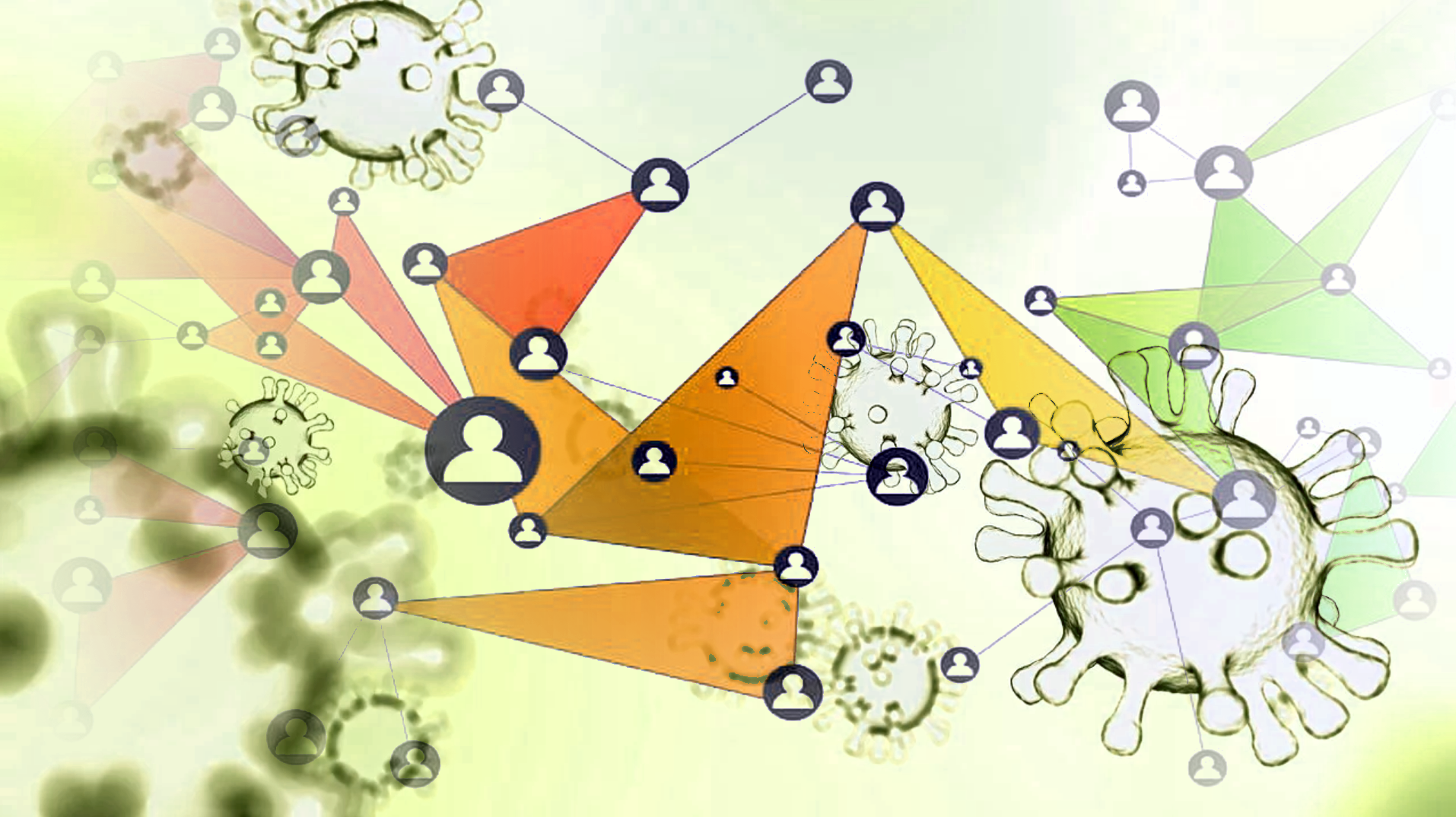A lot of things have happened since the last time I posted something here. I will thus not try to boringly summarize this complex and long chain of events. At least, if you are interest in the scientific aspects, you can check out the timeline of the publications (even if acceptance dates are not necessarily representative of when the idea emerged and was even backed).
So I asked what people would like me to write about and three common dimensions appeared: « interdisciplinary science », « societal issues » and « interpersonal dynamics ». Well, I cannot be more happy! Between the rise and fall of the « open science » movement and the “A-Hype” hitting epistemologically (again) the study of human cognition, there are many things to discuss. Maybe the most complicated task is to get them in a textual linear form while everything appear so topologically intricated and non-linear (I even doubt it is discretizable!). But let’s at least try to attack one topic that obsessed me for a while: social transparency.
The issue is well known from sociologists and economists. The Evolution of Cooperation by Robert Axelrod was the first book I thought about since it envisioned quite well with computational models how reputation managment was the key in large scale social systems (note: he also discuss three other key factors: labels, regulation, and territoriality). And here we are, leaving in a global world where reputation has become both an important and a fragile asset. Surprisingly, while importance is out of discussion, the fragile part is less certain. Indeed, despite what would have appear as public relationship suicide, many famous people, including country leaders, have survived quite well huge scandals.
Fortunately for us, it seems there is still a limit, especially when the legal system become involved. But still, what are the factors behind this threshold? The initial amount of trust in the person? The severity of the scandal? How powerful is the concerned person? How charismatic is this person? How does the associated mistake is in fact implicitly shared by the social group? How can we measure those parameters objectively?
Let’s take extreme cases to delineate our landscape: you would have on one side Epstein, which despite being super powerful committed severe illegal acts, and on the other, a poor kid who is bulied because s/he is Asian during the coronavirus outbreak, and finally the French politicians who broke explicitely the law and got no consequences whatsoever. It helps already to picture different factors of this complex interpersonal dynamics: 1) the prior trust in the person; 2) the certainty about the issue; 3) the potential action that can be done. In the first case, Epstein was strongly backed by the system, it was becoming legally proven that he did horrible things, despite its power he could not escape the justice system. For the second case, the Asian kid does not have a specific reason to be trusted, especially by people who have bad prior on strangers, the lack of understanding of infectious disease make the issue of coronavirus abstract and uncertain, the only possible action for other is to avoid or even worse to bully them. Finally, the politicians have a very bad prior trust, there may be very tangible proof of their misconduct, but the actions through the justice system would exceed quickly the memory span of public opinion.
What does it tell us concerning the type of actions we can take as citizen? In the case of Epstein and the politician, it’s more about having a reliable and efficient justice system. Indeed, if you cannot act upon the facts, there is no way to solve the problem anyway. Then, in the case of the Asian kid and the politician, to better educate people on both the issue itself and on the different actions that can be made.
Okay, that was a very unusual piece to restart blogging but I hope it will trigger discussions on the topic and motivate me to write more!
Do not hesitate to share references and ideas, even questions that may be addressed in a future post.








Leave a Reply